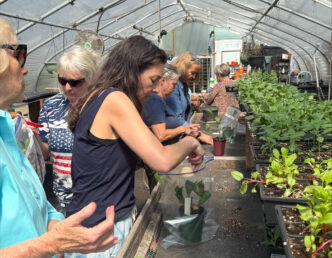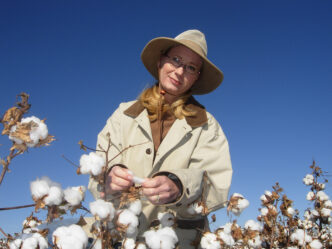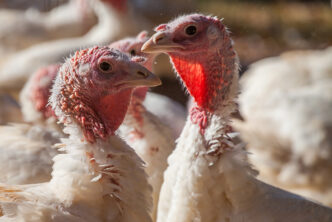A Clemson University researcher is taking on a hidden but costly threat to the food supply: aflatoxins. These toxic compounds, produced by certain fungi, contaminate peanuts, corn, tree nuts and cotton, jeopardizing food safety and costing farmers millions of dollars each year.
Sachin Rustgi, a molecular plant breeder at Clemson’s Pee Dee Research and Education Center, has received a grant from the Clemson University Research Foundation to develop a more reliable, sustainable way to fight aflatoxin contamination.
Why it matters
Aflatoxins don’t just pose health risks to consumers—they also affect the economy. In 2024, South Carolina farmers harvested 79,000 acres of peanuts valued at more than $75 million. Contamination can wipe out harvests, cut into profits and weaken market confidence in U.S. crops. Climate conditions such as hotter temperatures, drought and unpredictable rainfall only make the problem worse by creating favorable conditions for fungal growth.
A new approach
Rustgi is working to improve biocontrol strategies, which use harmless organisms to crowd out their harmful, toxin-producing counterparts. Current methods can lose effectiveness over time if beneficial organisms change genetically, allowing toxic strains to reappear. Rustgi’s project focuses on ensuring the stability of these organisms, so they remain safe and effective for farmers.
“This project addresses a critical gap in current biocontrol strategies,” Rustgi said. “By ensuring genetic stability, we can prevent the re-emergence of toxigenic strains and provide a more reliable solution for farmers.”
Looking ahead
The yearlong project will test newly developed strains in the lab and greenhouse, with the long-term goal of making the technology available for commercial use.
Beyond aflatoxin, Rustgi leads or collaborates on projects to develop peanut varieties that stay productive in hot weather, allergen-reduced peanuts and wheat, heat-tolerant soybeans and disease-resistant peach and cotton varieties. Together, these efforts support farmers’ ability to stay productive in increasingly harsh growing conditions while keeping food safer for consumers.
For more information, contact Rustgi at srustgi@clemson.edu or (843) 519-0475.

-END-








